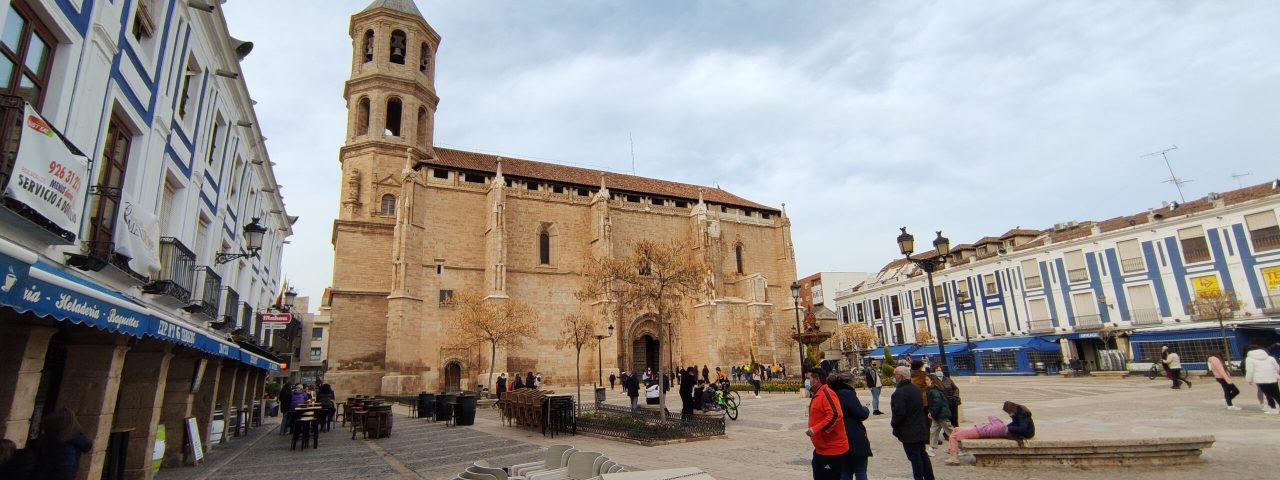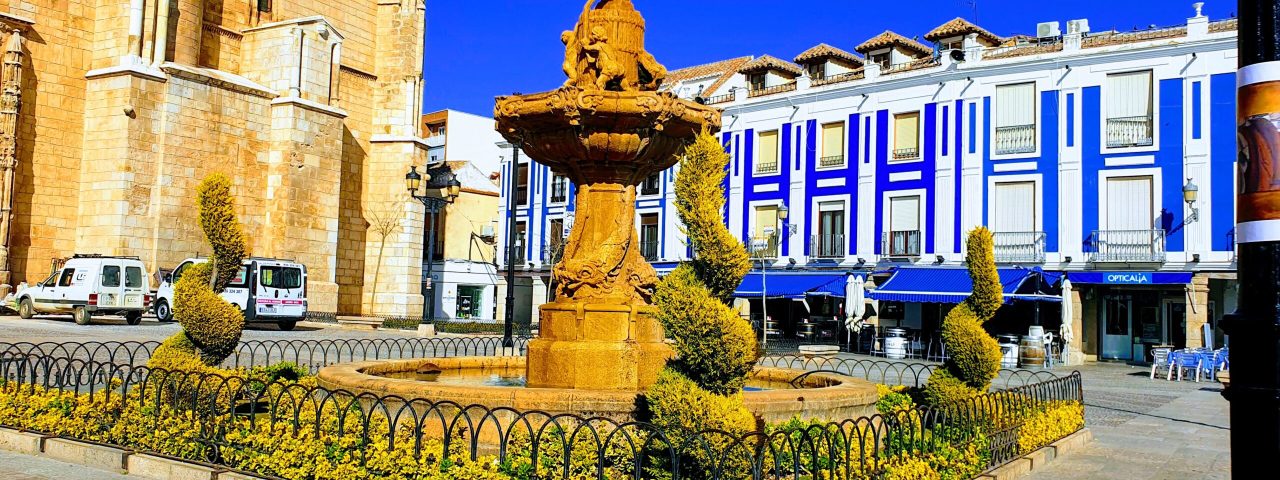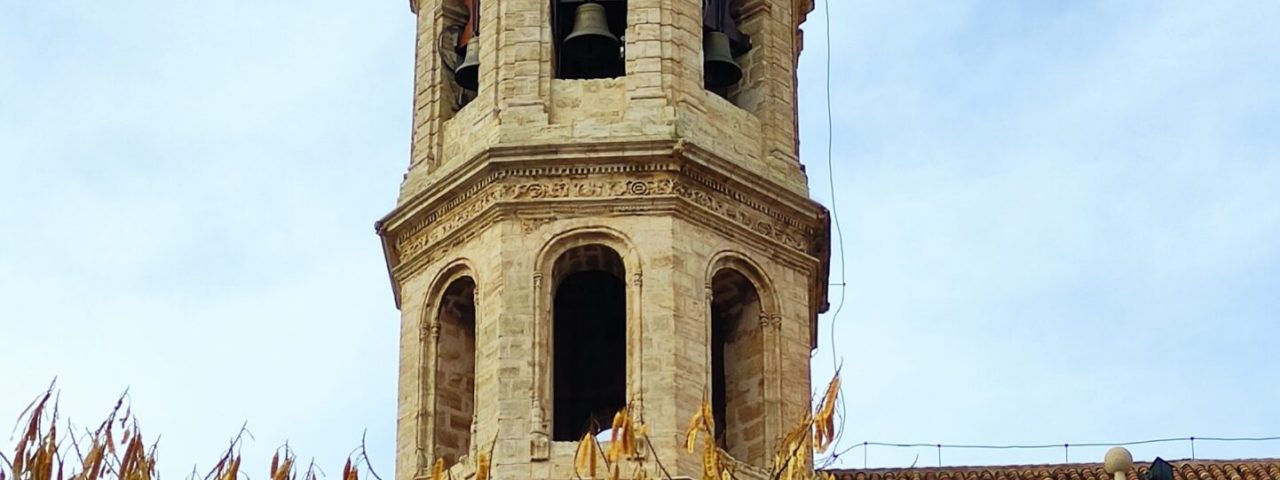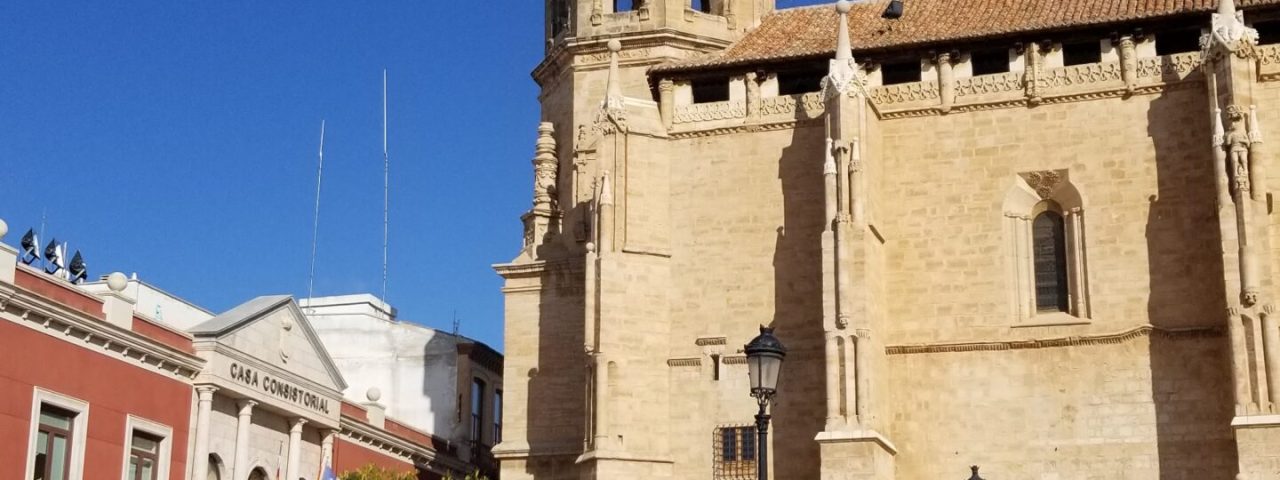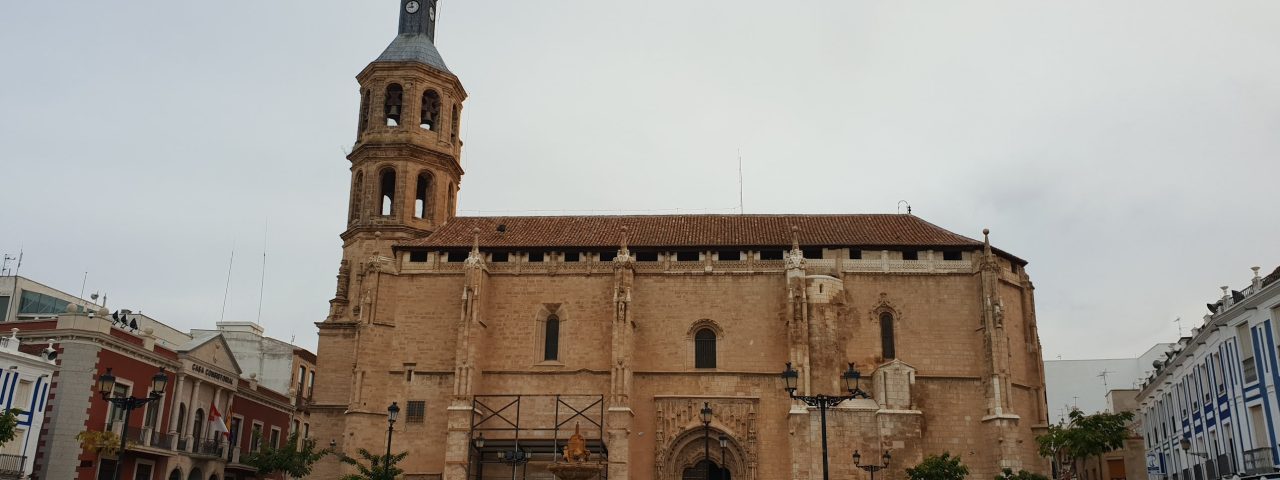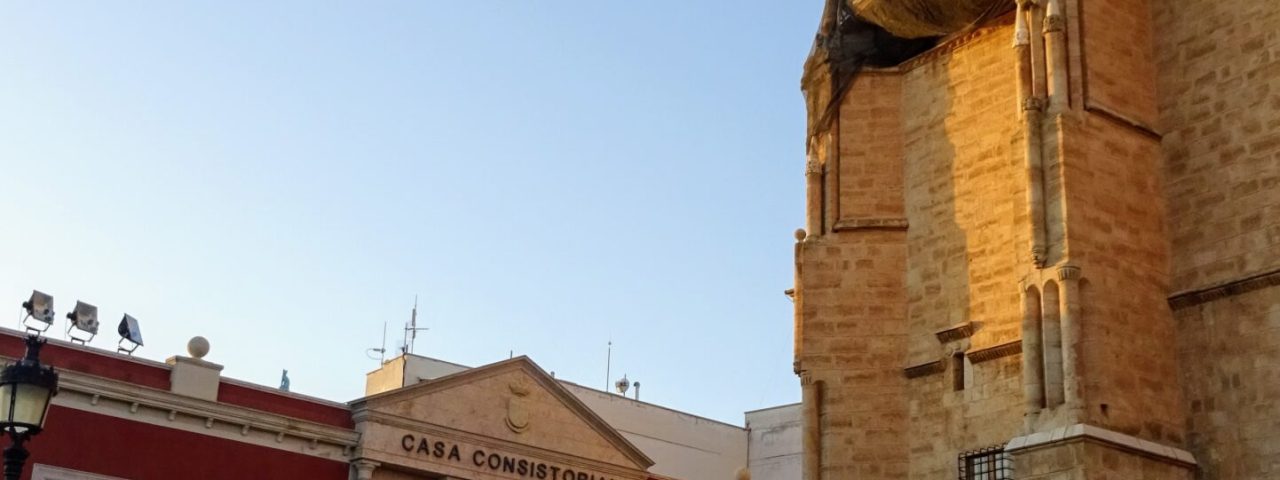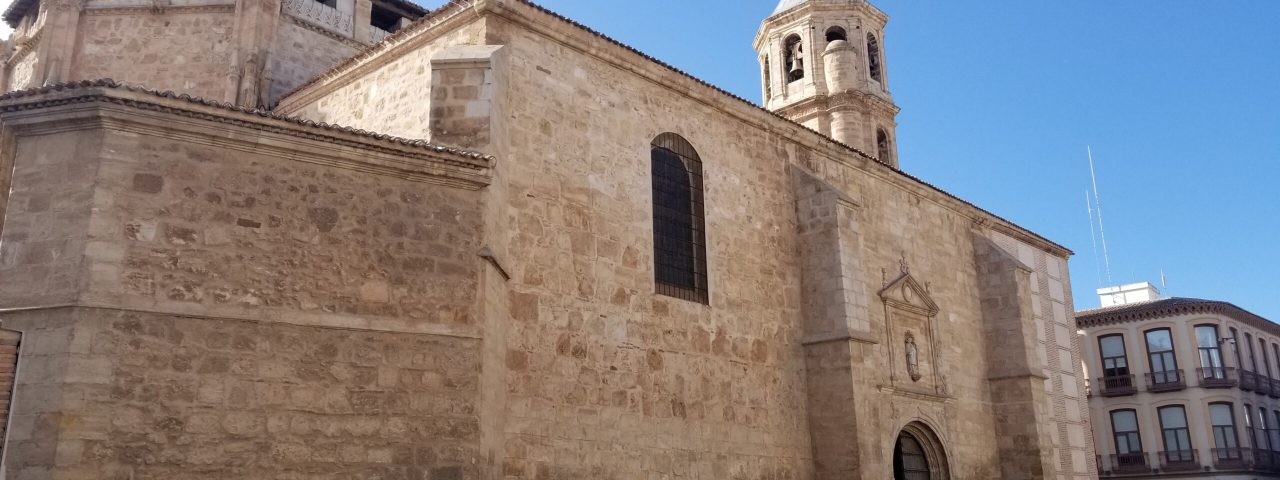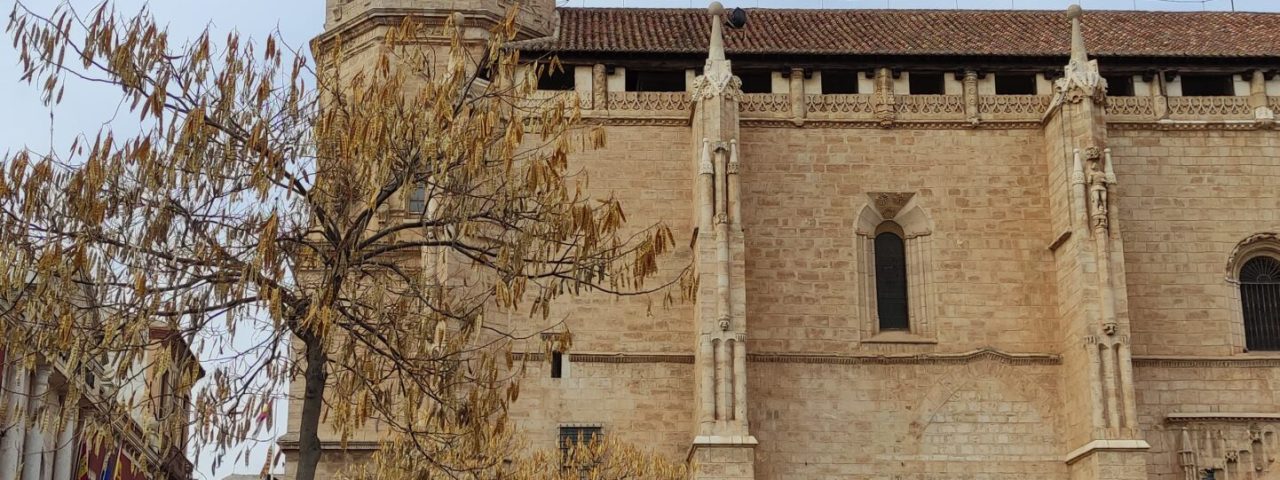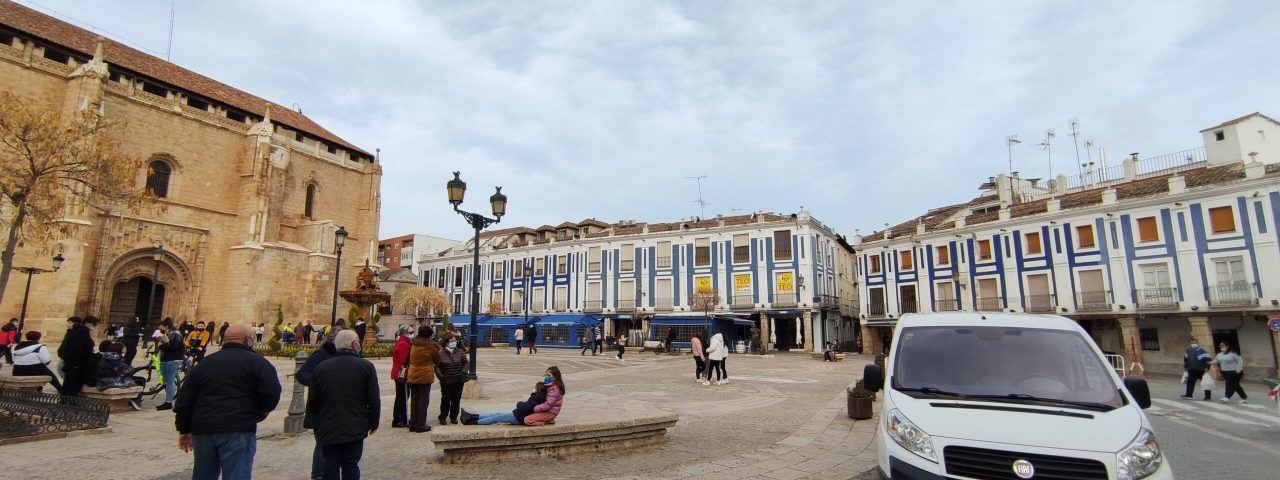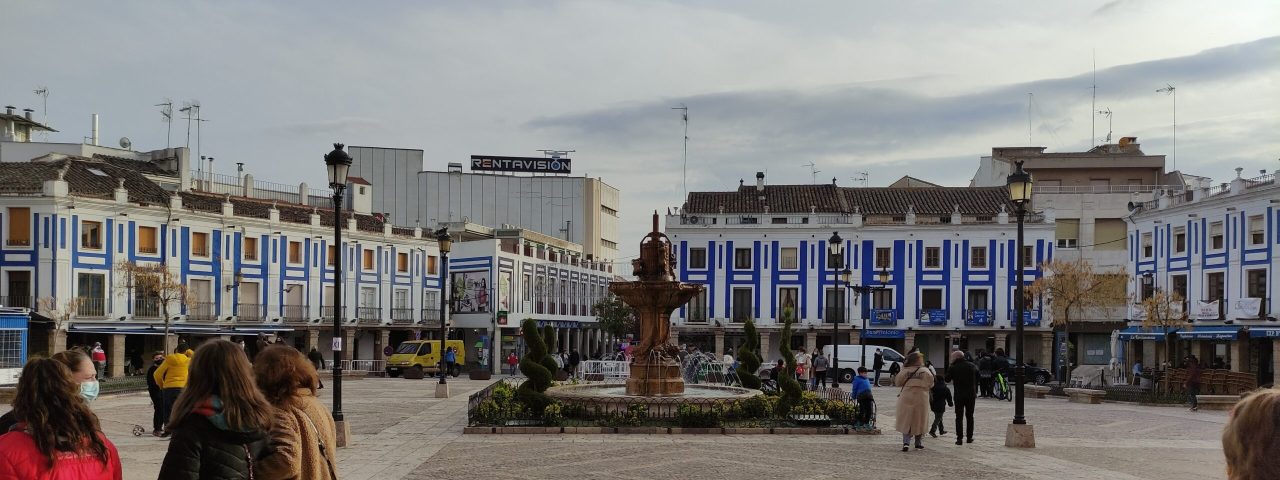Valdepeñas has a rich historical tapestry that dates back to ancient times. The city has seen Roman, Visigothic, and Moorish influences over the centuries. The name “Valdepeñas” itself means “Valley of Rocks,” a reference to the stony terrain around the area, which was noted even during its early days. During the Reconquista, it became an important Christian settlement, and its strategic location helped the city develop as a cultural and economic hub during the Middle Ages.
Culturally, Valdepeñas is most renowned for its wine heritage, with wine production dating back centuries. The city is home to one of Spain’s oldest Denomination of Origin (DO) wine regions, the “Valdepeñas DO,” and wine has deeply shaped the city’s identity. Wine festivals, like the famous Fiesta de la Vendimia, celebrate the grape harvest every September and are a highlight of the city’s cultural calendar, attracting visitors from all over Spain.
Traditions run deep in Valdepeñas. The city celebrates various religious and cultural festivals, including Semana Santa (Holy Week) with processions and traditional rituals. The locals are known for their hospitality, and visitors are often invited to experience the vibrant customs that have been preserved over the generations. One of the city’s most significant historical landmarks is the Church of the Assumption, a Gothic-style church located in the main square, Plaza de España.
